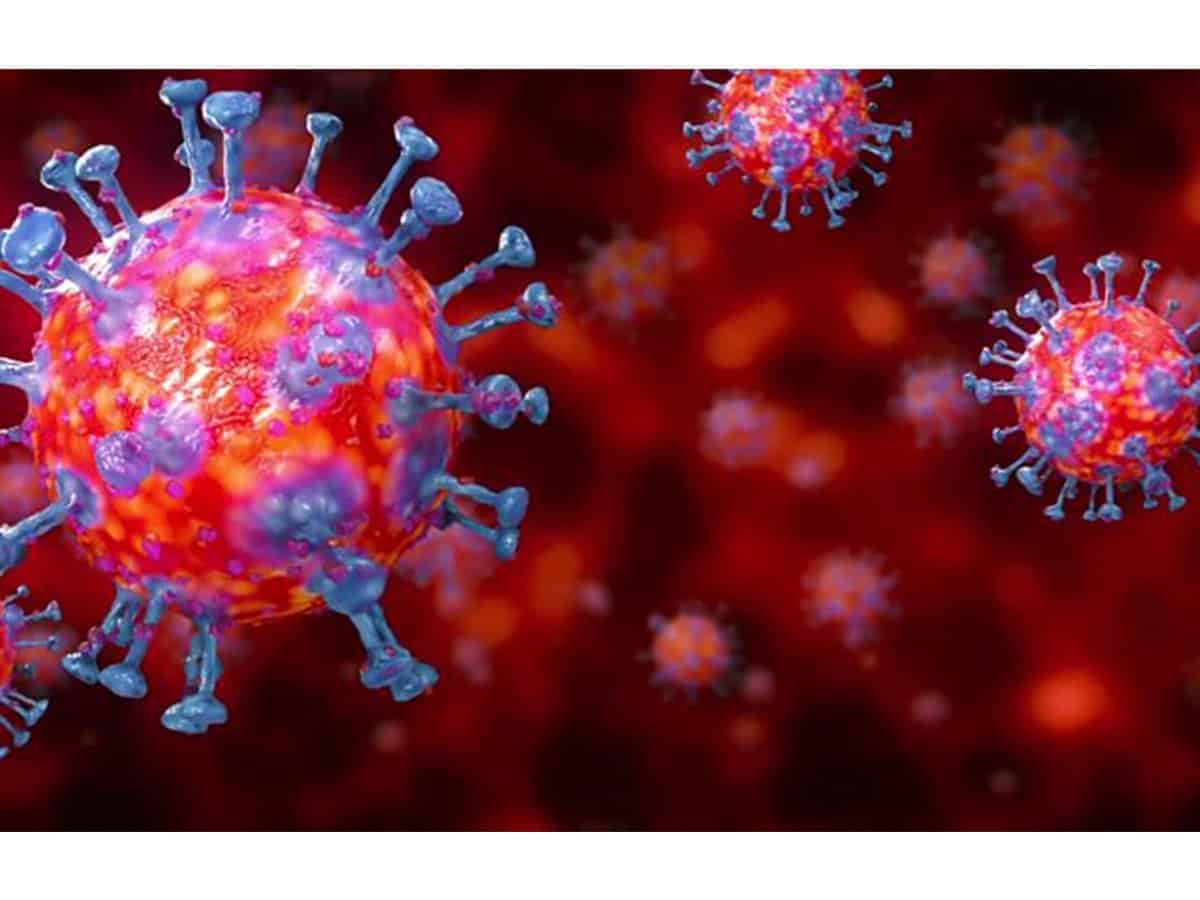New York: Researchers have now shown that immunotherapy doesn’t necessarily worsen complications for patients with both COVID-19 and cancer.
“Many COVID-19 complications result from an overactive immune response, leading to an increased production of proteins called cytokines,” said study researcher Layne Weatherford from the University of Cincinnati (UC) in the US.
“Increased production of these proteins can cause issues like respiratory failure. Patients with cancer are more susceptible to COVID-19 infection as well as severe complications from it”
Weatherford added.
According to the researchers, many patients with cancer are treated with immunotherapy, which activates the immune system against cancer to destroy it. In patients with both COVID-19 and disease, the research team thought that immunotherapy might increase the immune system response, which could already be overactive because of the COVID-19 infection.
They thought treating COVID-19 patients with cancer immunotherapy might result in worsening patients’ health and overall outcomes. “We are continuing to investigate whether immunotherapy causes an increased production of these proteins by immune cells from COVID-19 patients, but our initial findings are showing that immunotherapy is not significantly impacting it,” said study researcher Wise-Draper.
Researchers have conducted this study using blood samples from patients with cancer taken from the UC COVID-19 biorepository. “We examined how immune checkpoint inhibitors, drugs that allow immune cells to respond more strongly, in combination with other treatments, like chemotherapy or radiation, affect the immune cells of COVID-19 patients and patients with both COVID-19 and cancer”
she said.
The preliminary data show that an anti-diabetic drug, metformin, can reduce the production of these proteins by immune cells of COVID-19 patients.
“These are promising, initial findings. Additional research is needed, but our results show that we might be able to treat COVID-19 complications with metformin or a similar drug one day,” the study authors noted.

